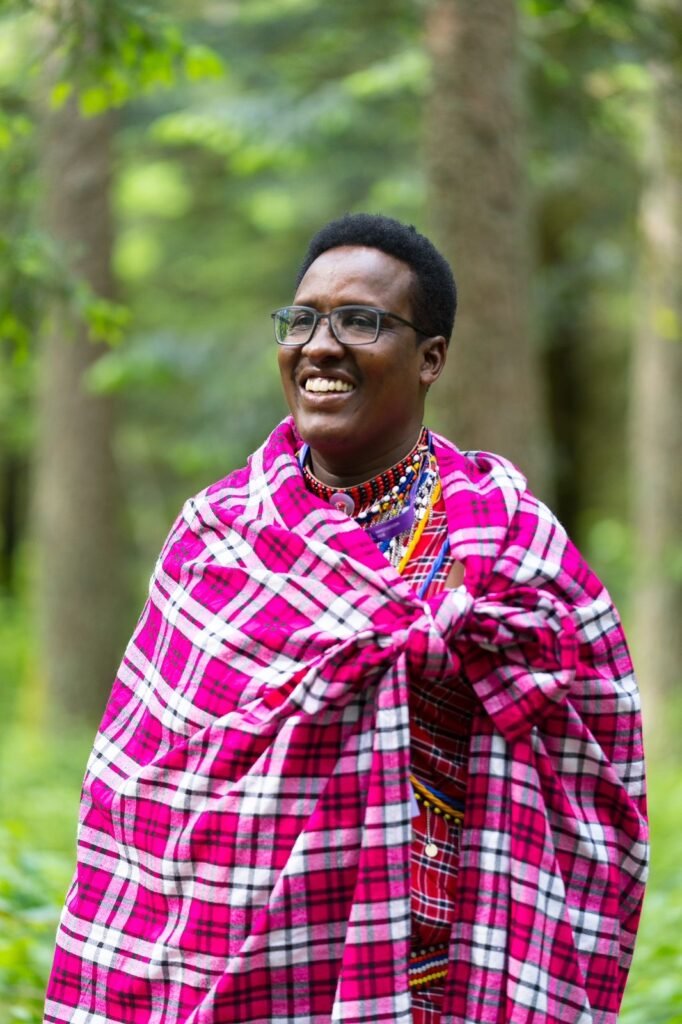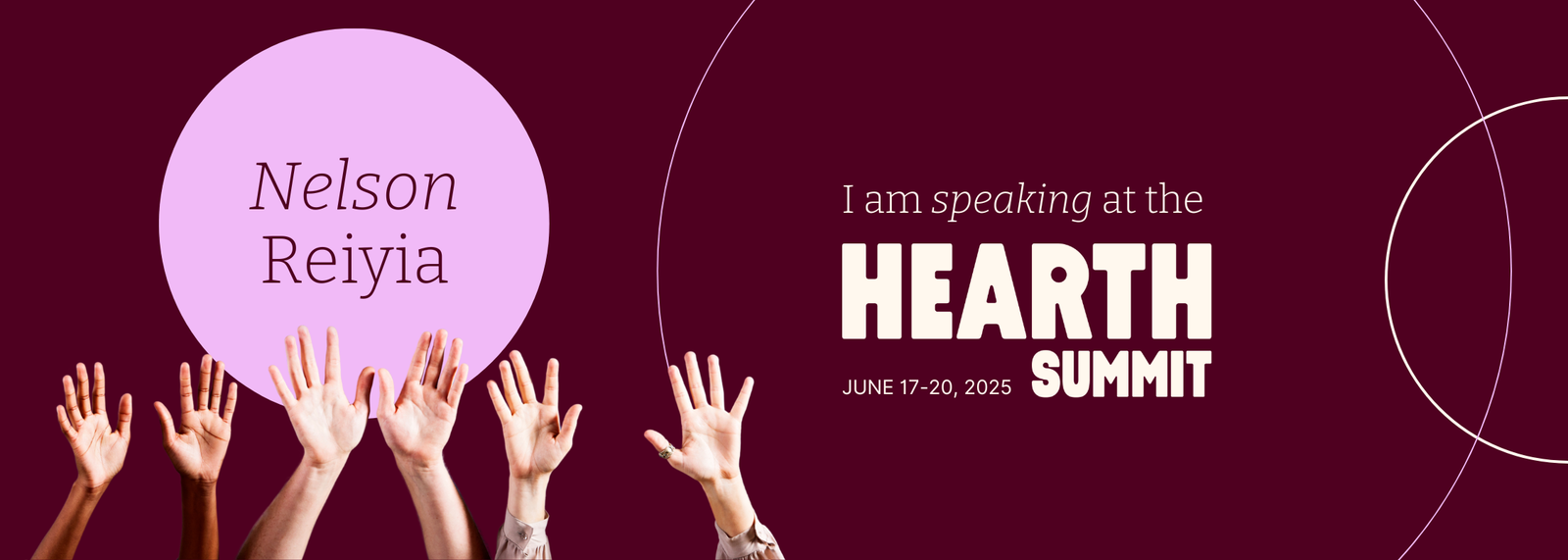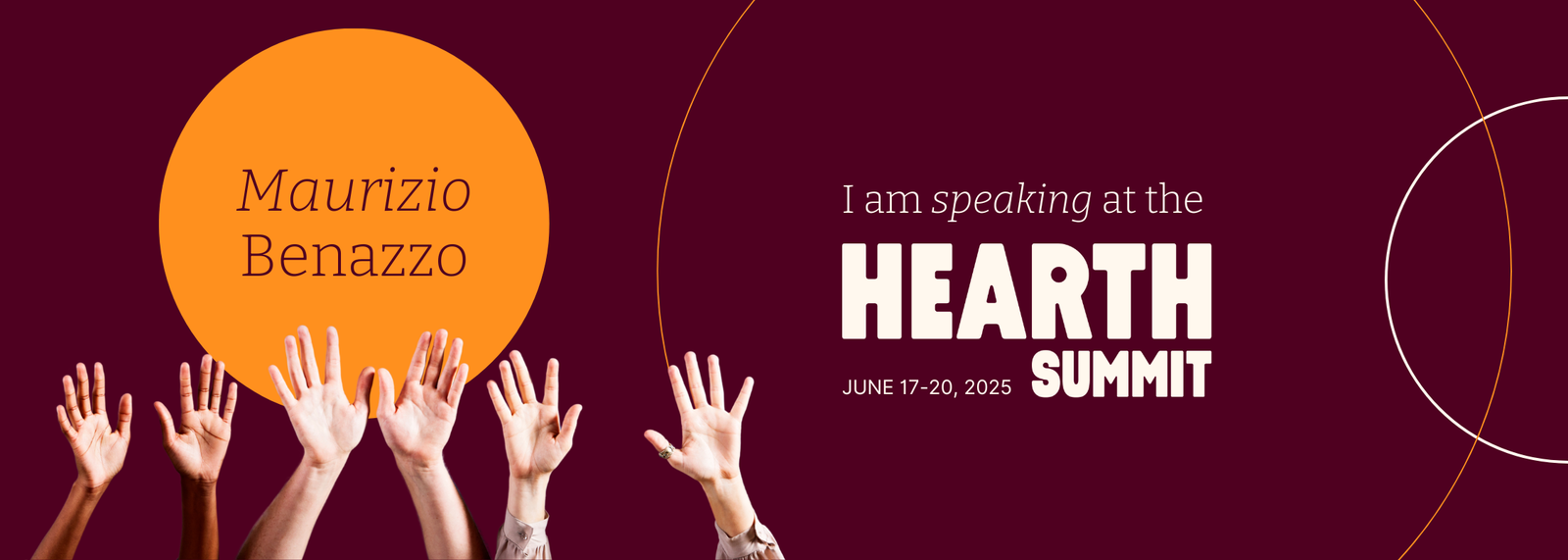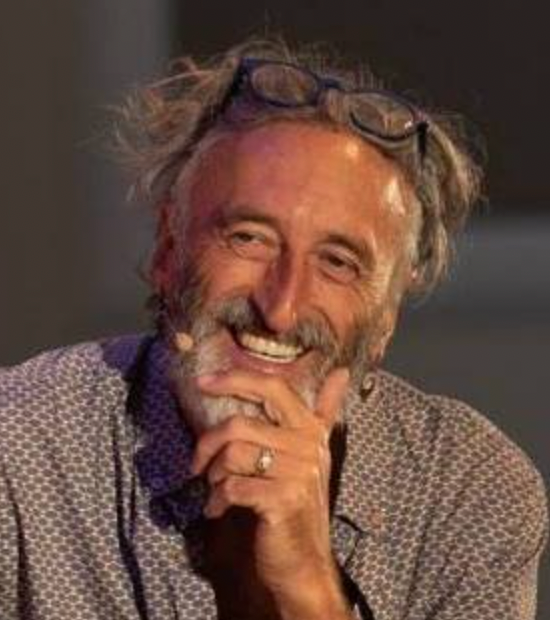
Nelson Reiyia
Co-founder, Nashula Maasai Conservancy
Connect with Nashula Maasai Conservancy on social media:
About Nelson Reiyia
Nelson Ole Reiyia is an Indigenous Maasai leader for social change and biodiversity conservation. He is CEO and Co-Founder of Nashulai Maasai Conservancy in southern Kenya and a social entrepreneur. As CEO and Co-Founder (with Olomunyak Ric Young) of the award-winning not-for-profit Nashulai Maasai Conservancy, Nelson in 2016 created the first Maasai-led and -governed community conservancy, situated in a 10,000-acre area in Narok County in southern Kenya, abutting the famed Maasai Mara Reserve. Its interdependent mission: Conserve Wildlife, Preserve Culture, and Reverse Poverty. In 2020, Nashulai was awarded the UNDP Equator Prize for its “paradigm-shifting model” for conservation and for meeting a majority of the UN Social Development Goals (SDG), including social justice and women’s empowerment.












































